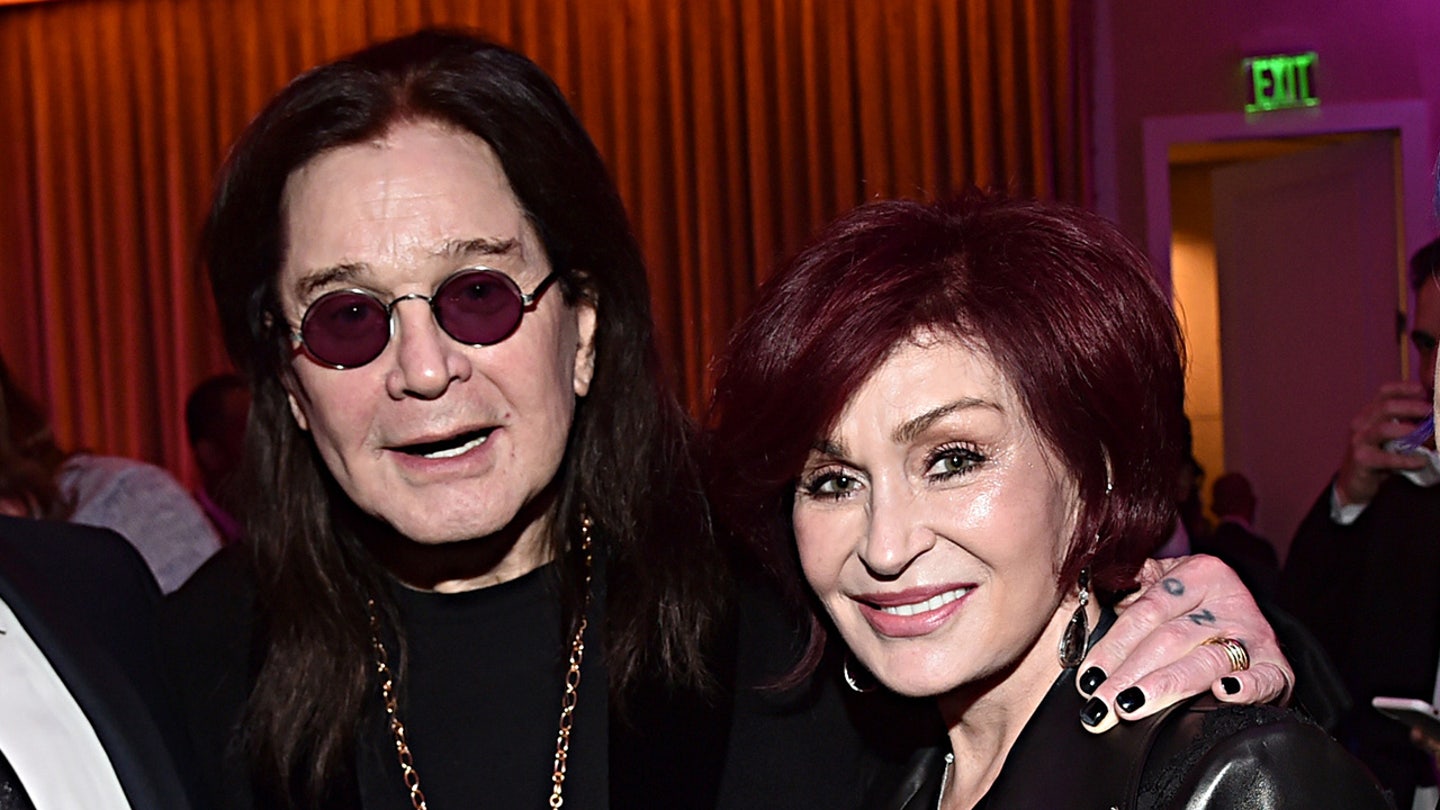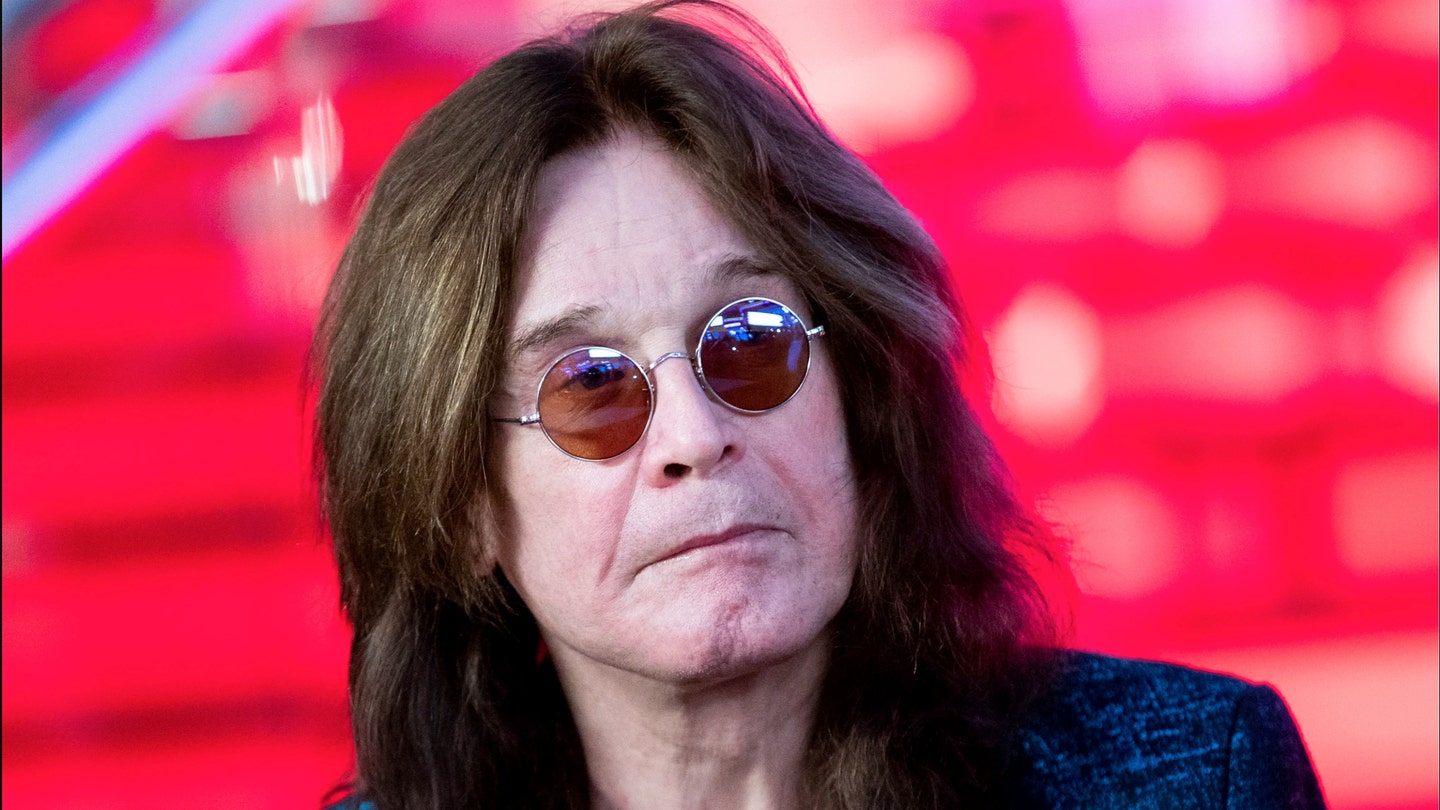NEWYou can now listen to news articles!
Legendary musician Ozzy Osbourne passed away at the age of 76 on Tuesday after a long battle with a rare form of Parkinson’s disease.
The iconic lead singer of Black Sabbath had been candid about his health struggles for several years, first discussing his diagnosis during an interview on ABC’s “Good Morning America” in 2019.
He and his wife Sharon Osbourne disclosed that Osbourne was diagnosed with PRKN-2, a genetic condition that is a form of early-onset Parkinson’s disease.
“I’m not good at keeping secrets,” the singer admitted. “I can’t hide it anymore because I’m running out of excuses.”
Osbourne revealed that a “bad fall” led to neck surgery and nerve complications.
Ozzy Osbourne performing at an NFL game. He passed away at 76 after battling Parkinson’s disease. (Brian Rothmuller/Icon Sportswire via Getty Images)
Despite taking a break from performing to address his health issues, Osbourne returned to the stage for one last performance with Black Sabbath on July 5 in Birmingham, England, just weeks before his passing.
Understanding Parkinson’s Disease
Dr. Brandon Crawford, a neurologist, explained that Parkinson’s disease affects individuals differently and is a progressive disorder that affects the brain’s midbrain, responsible for dopamine production.
Dopamine plays a crucial role in movement and cognitive function. While genetics may play a role in some cases, environmental factors like toxins and head trauma can also contribute to the development of the disease.

Parkinson’s disease affects dopamine production in the brain. (iStock)
Common symptoms of Parkinson’s include tremors, slowed movement, digestive issues, and cognitive decline. Disease management focuses on medications that mimic dopamine and other treatments to alleviate symptoms.

Ozzy and Sharon Osbourne at a pre-GRAMMY Gala. Sharon shared details about Ozzy’s condition, mentioning good days followed by bad days. (Alberto E. Rodriguez/Getty Images for The Recording Academy)
Sharon Osbourne described how Ozzy experienced fluctuations in his symptoms, with good days followed by challenging days. The Osbourne family also explored alternative treatments like stem cell therapy to manage the disease.
Kelly Osbourne, Ozzy’s daughter, noted positive changes in her father’s condition after undergoing stem cell treatments.
While there is no cure for Parkinson’s, ongoing research and treatment options provide hope for improving quality of life for patients.
Impact of Lifestyle on Health
Crawford suggested that Osbourne’s rock-star lifestyle, including late nights, loud music, and substance abuse, may have contributed to the development of his condition.

Ozzy Osbourne’s lifestyle may have influenced his health condition. (Getty Images)
Environmental factors like circadian disruptions and exposure to heavy metals can also impact the development of neurological conditions like Parkinson’s.
While Osbourne’s legacy lives on through his music, his battle with Parkinson’s disease sheds light on the importance of understanding and managing neurodegenerative disorders.





